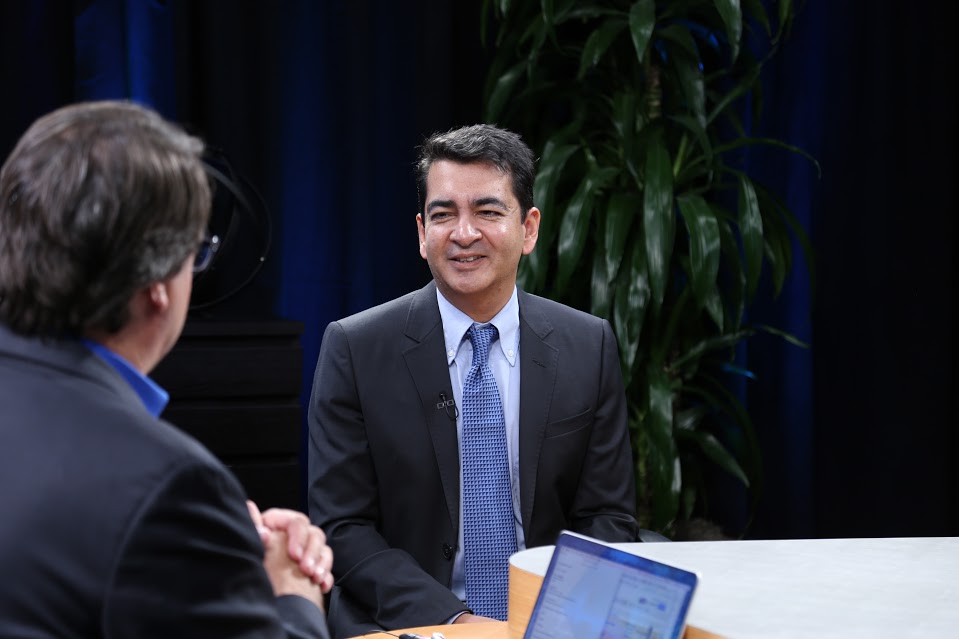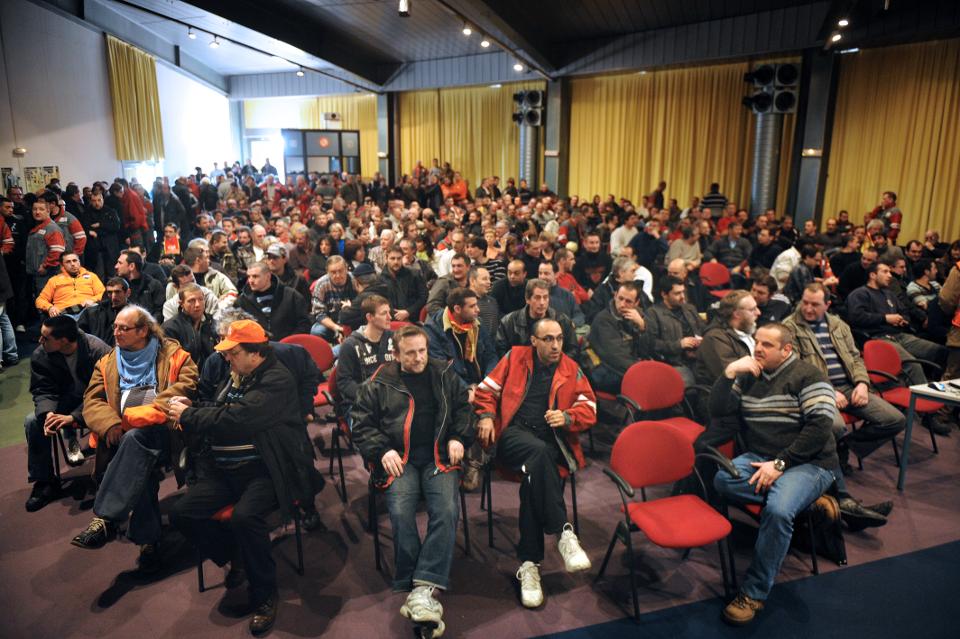
It’s time for a cybersecurity reboot, says Vidder CTO
It’s time for a cybersecurity reboot, says Vidder CTO https://csuiteold.c-suitenetwork.com/wp-content/uploads/2017/09/its-time-for-a-cybersecurity-reboot-says-vidder-cto.jpg 959 639 C-Suite Network https://csuiteold.c-suitenetwork.com/wp-content/uploads/2017/09/its-time-for-a-cybersecurity-reboot-says-vidder-cto.jpg
It’s become almost a daily headline in the news now. Equifax Inc. loses confidential information on 143 million Americans in cyberattack. Hackers compromise Deloitte LLP’s usernames and passwords. Whole Foods Market victimized in credit card breach. A steady drumbeat of bad news in online security has many people wondering now if the cyberworld will ever become safe.
What’s perhaps most troubling is that the bad actors are way ahead of the good despite billions of dollars in spending on appliances and security solutions presumably designed to provide protection. The honest truth is that enterprise firms and the U.S. government appear to be no closer in finding an effective defense against attacks than they were two, five, or even 10 years ago when the stakes were lower.
“Last year, Gartner said $100 billion will be spent on security. I can’t believe that anyone who’s involved in that $100 billion expenditure is happy,” said Junaid Islam (pictured), founder and chief technology officer of Vidder Inc.
In a two-part videotaped conversation, Islam spoke with John Furrier (@furrier), host of theCUBE, SiliconANGLE Media’s mobile livestreaming studio, at the SiliconANGLE studio in Palo Alto, California. They discussed the rise of nation state hacking, new technology solutions and strategies to deal with threats, and the danger posed by unsecured connected devices.
Watch the first video interview with Vidder’s Junaid Islam below:
Nation states pose bigger threat
The threat landscape has gotten more serious over the past year, as the number of high-profile breaches escalates. A major reason for this is that nation states, such as Russia and North Korea, are now sponsoring the development of attack tools, which has moved the hacker profile out of the cluttered corner of a script kiddie’s garage to more sophisticated, government-backed operations where malware can be rapidly produced and launched by well-trained hacking teams.
Evidence of this new trend in cyberwarfare can be seen in the spread of much more lethal attacks, such as WannaCry, a ransomware attack that affected more than 200,000 systems in 150 countries, and Petya, malware that can move by itself stealthily across networks.
“This level of lethality we’ve never seen. It’s a direct result of these state actors moving into the cyberwarfare domain, creating weapons that basically spread through the internet at very high velocity,” Islam said.
Ineffectiveness of tools to defend against cyberattacks is forcing security…






